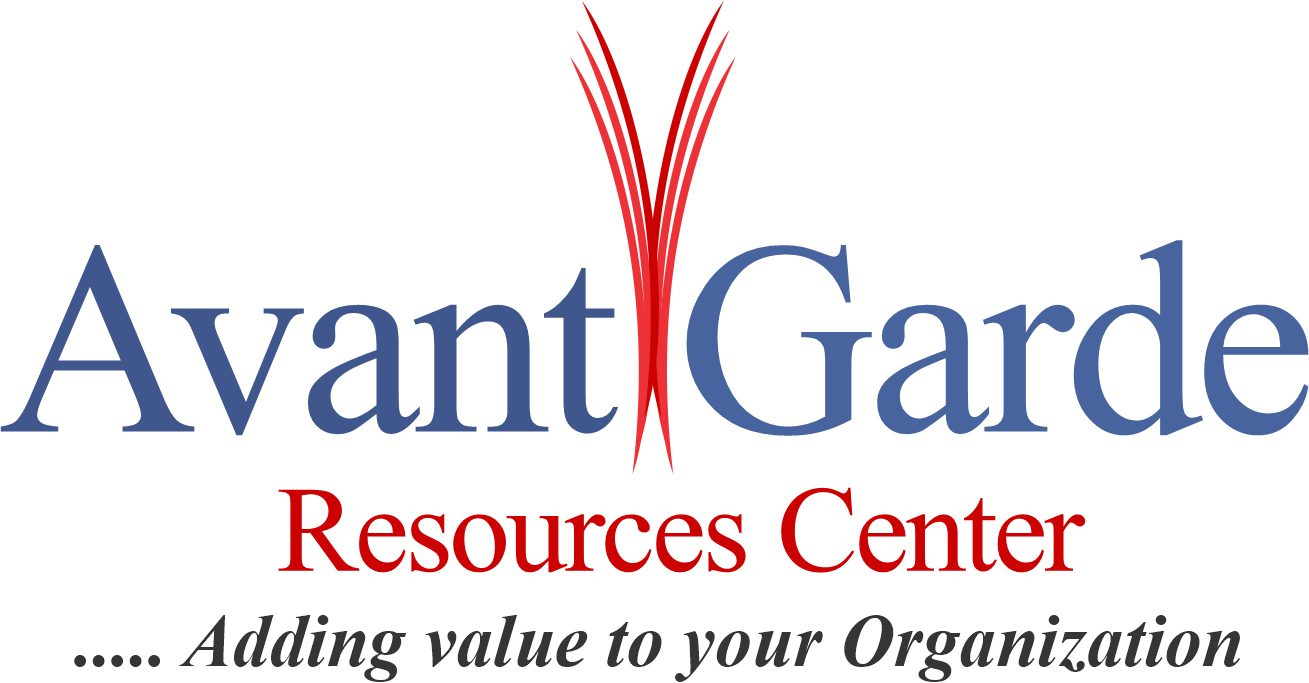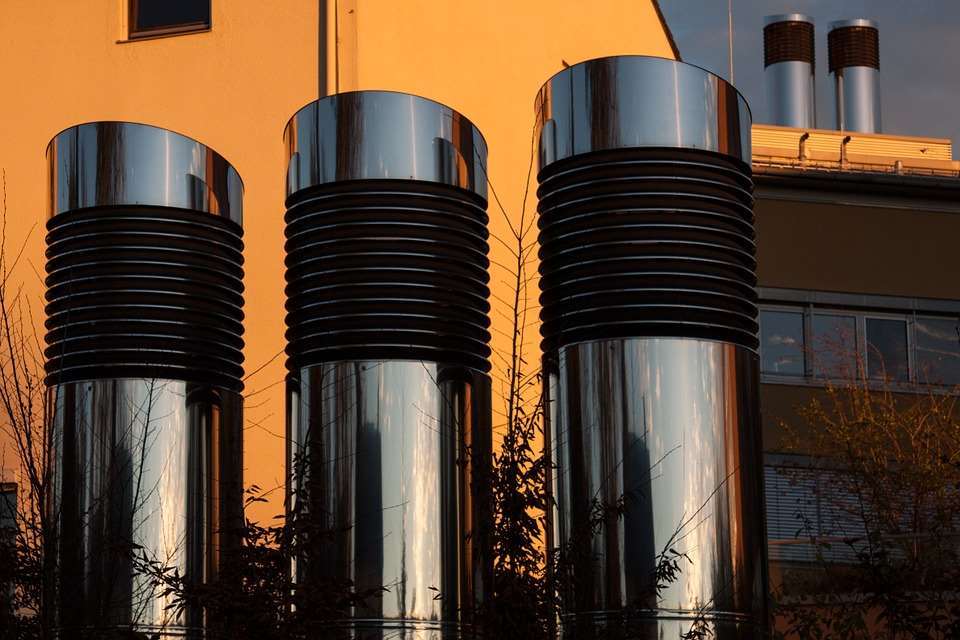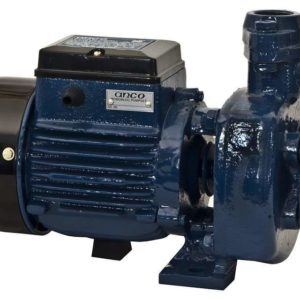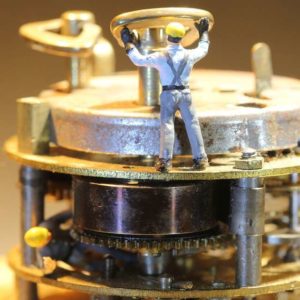Objective
Whatever your hydraulic application, you can increase your knowledge of the fundamentals, improve your maintenance programs and become an excellent troubleshooter of problems in this areas by attending this information packed course. Developing an understanding of “How” it works leads to an understanding of how and why it fails. Multimedia views of the equipment are given to give you as realistic a view of hydraulic systems as possible. You will have an opportunity to discuss hydraulic systems construction, design-applications, operations, maintenance, and management issues and be provided with the most up-to-date information and best practice in dealing with the subject. By the end of this workshop, participants will be able to:
- Demonstrate the ability to properly disassemble and reassemble hydraulic components
- Examine and describe how mobile hydraulic systems and components operate
- Use accepted industry tools and procedures to diagnose problems and asses the serviceability of hydraulic systems
- Evaluate and perform required maintenance on mobile hydraulic systems







Reviews
There are no reviews yet.